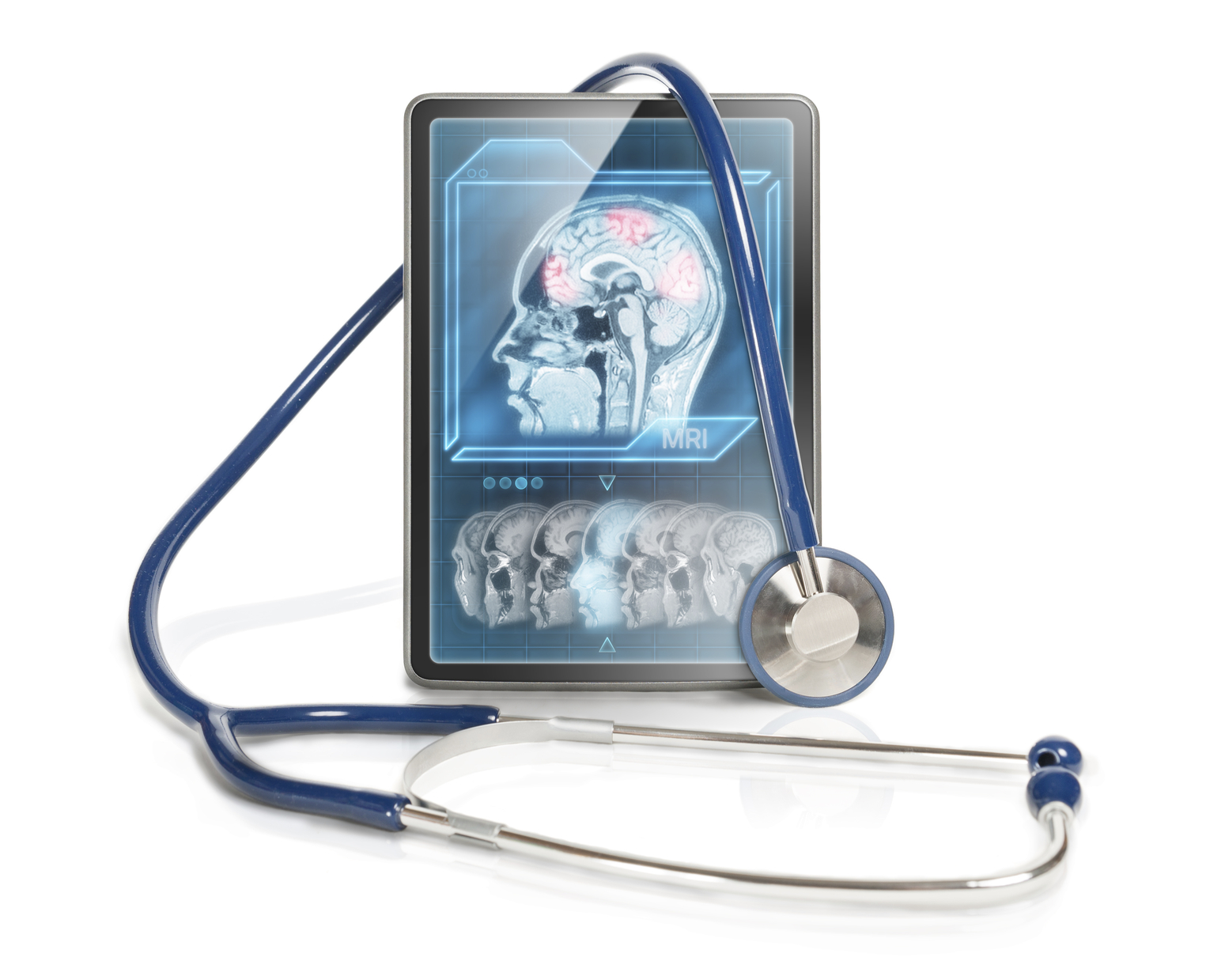
One of the most exciting aspects to the rise of AI is the range of impacts it may have along the healthcare spectrum.
At one end there’s the predictive and diagnostic capacities that promises to help patients and providers pinpoint diseases and how to do address them with unprecedented accuracy. At the other end are the range of tools increasingly bringing basic services to parts of the world that have long struggled to provide even basic care to their citizens.
To wit on the latter front, Ada Health, an app developer, has unveiled a new chat-bot that helps patients and doctors diagnose diseases ranging from malaria to diabetes, and it does so as the first health app to launch in Swahili.
The app, which will provide access to health information and advice for more than 100 million people seeking healthcare in East Africa, combines a “medical knowledge database with intelligent reasoning technology to help users understand what might be causing their symptoms, as well as providing localized guidance about what they should do next.
While the smartphone chat-bot is already used by roughly eight million people in more than 130 countries across the globe – published in languages including English, French and Spanish, this app has now become the first AI health application to launch in Swahili, which is spoken predominantly in Tanzania, Uganda and Kenya.
The new version of Ada, which is free to download, was developed in collaboration with the Muhimbili University of Health and Allied Sciences in Tanzania and the Swiss NGO Fondation Botnar.
“Four billion people across the world lack access to basic health services, and many countries - including Tanzania, Kenya, Somalia and Mozambique - have fewer than 1 physician per 1,000 people,” said Hila Azadzoy, Managing Director of the Ada Health Global Health Initiative, in a statement. “Thanks to the widespread adoption of mobile technology, there is a huge opportunity for AI to help tackle this issue by improving access for patients and empowering clinicians to have the greatest possible impact. However, to be truly effective, these technologies must be adapted to the medical, cultural and linguistic conditions in each region.”
In addition to the Swahili translation, the app has been adjusted to factor in conditions and symptoms that are more common in East Africa, such as infectious diseases like malaria and HIV.


